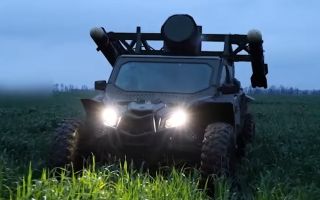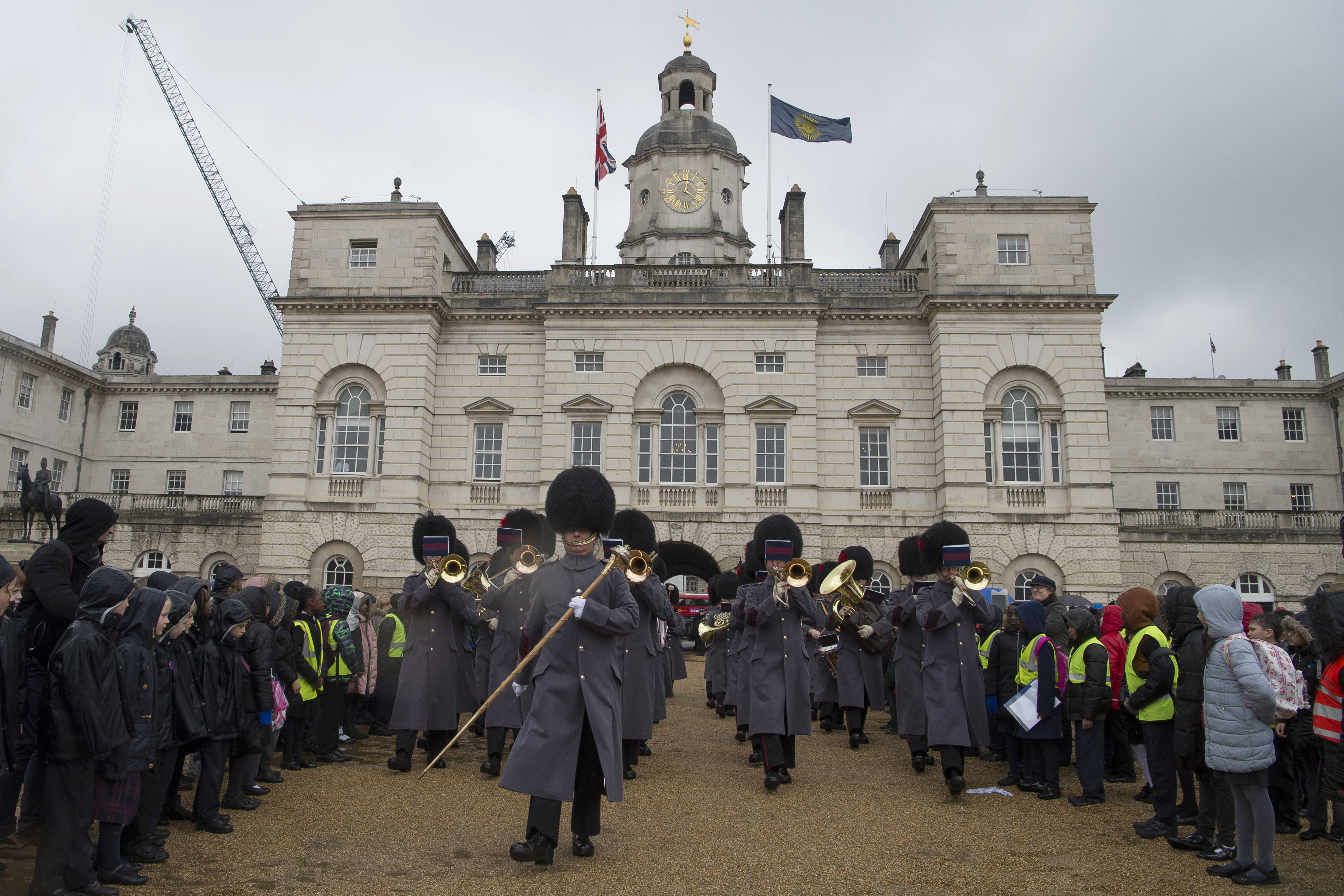
Why Does Commonwealth Day Matter To The Military?

What Is Commonwealth Day?
Each year, on the second Monday of March, Britain and countries across Africa, Europe, the Americas, Asia and the Pacific celebrate “Commonwealth Day”.
Although you might not be aware of the celebration, the 2.4 billion people that live in the Commonwealth’s 53 nations actually account for 30% of the world’s population - making it a pretty significant global event.
The event was formerly known as Empire Day, and primarily consists of the Queen, as Head of the Commonwealth, attending a multi-faith ceremony featuring a representative from each member state, at Westminster Abbey.
Commonwealth day was first celebrated in 1902, on January 22 - Queen Victoria’s birthday, as “a symbol of…those ideas of freedom, justice and tolerance.”
However, it was renamed and its date changed in 1958.
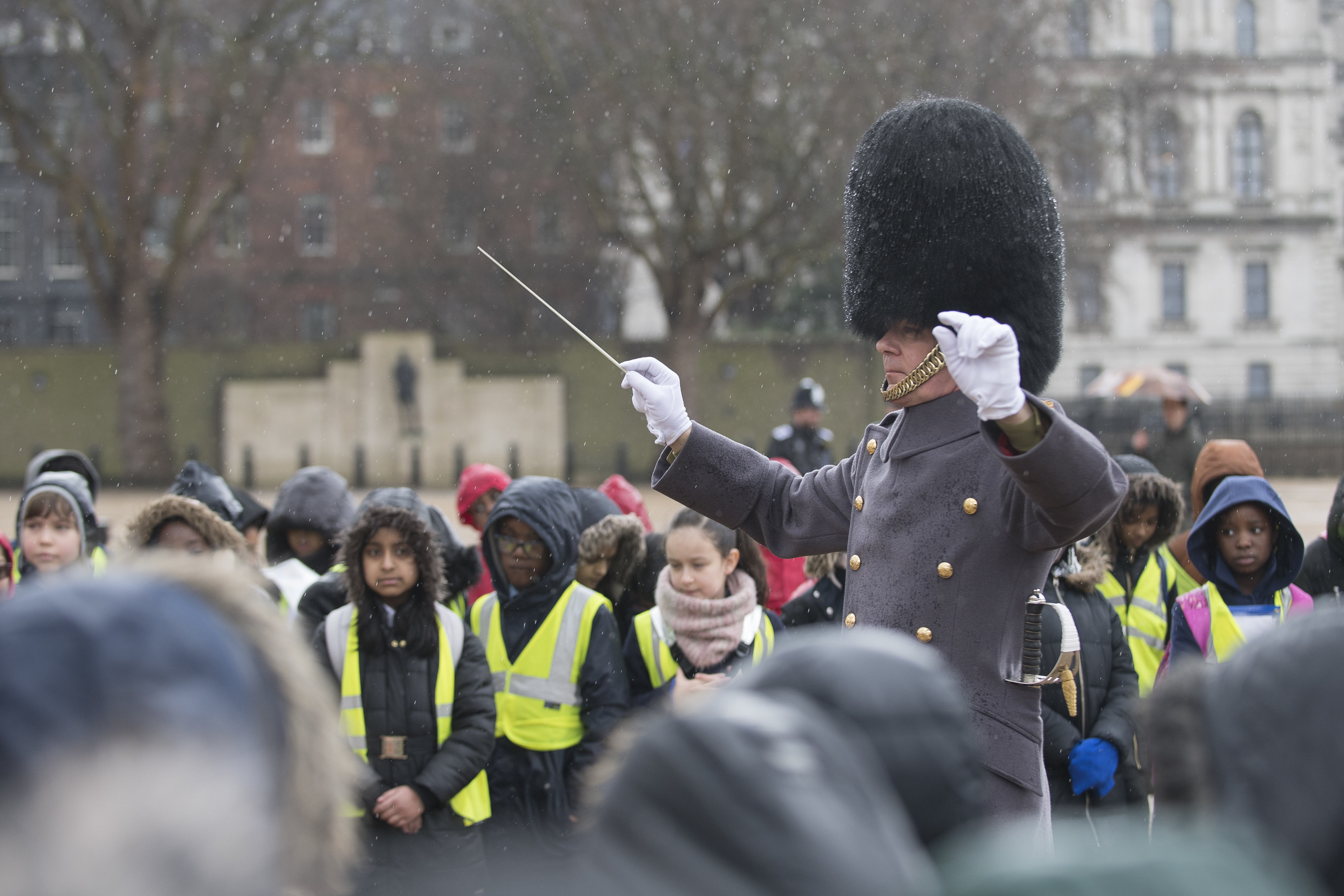
Today, the military have been putting on a musical display in celebration of the occasion.
On Horse Guards Parade, the Band of the Coldstream Guards accompanied 400 members of the Commonwealth Children’s Choir.
The Commonwealth Flag was raised on the roof of Horse Guards to mark the start of celebrations worldwide.
There was a world premiere performance of a new composition, “To be a Friend”, dedicated to Her Majesty The Queen.
Composed by Major Simon Haw MBE, the song “To Be A Friend” has been recently recorded by members of the Commonwealth Youth Orchestra and Commonwealth Children’s Choir with the Coldstream Guards Band.
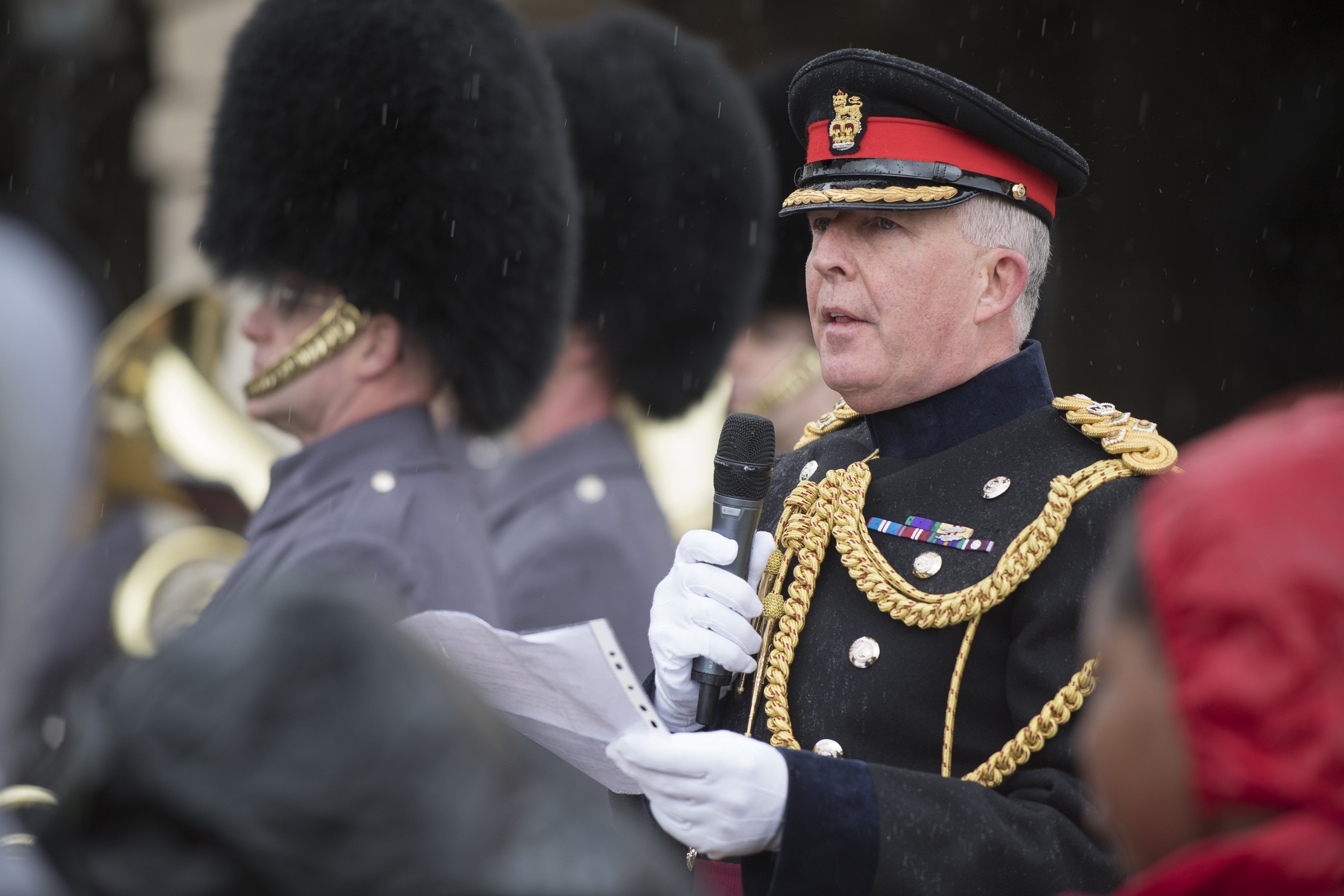
Why Is It Significant For the Armed Forces?
The Queen is both Head of the Armed Forces and Head of the Commonwealth - and that means the day is significant for the British military.
But the links go far beyond that.
Commonwealth nations have been some of Britain’s most important military allies throughout history.
Troops from throughout the Commonwealth made a huge contribution in both the First and Second World Wars.
In the First World War alone, 74,000 Indian troops were killed, whilst 330,000 Australians saw active duty, of which over 60,000 died and 137,000 were injured.
100,471 New Zealanders fought in WW1, with over 18,000 killed and more than 40,000 wounded.
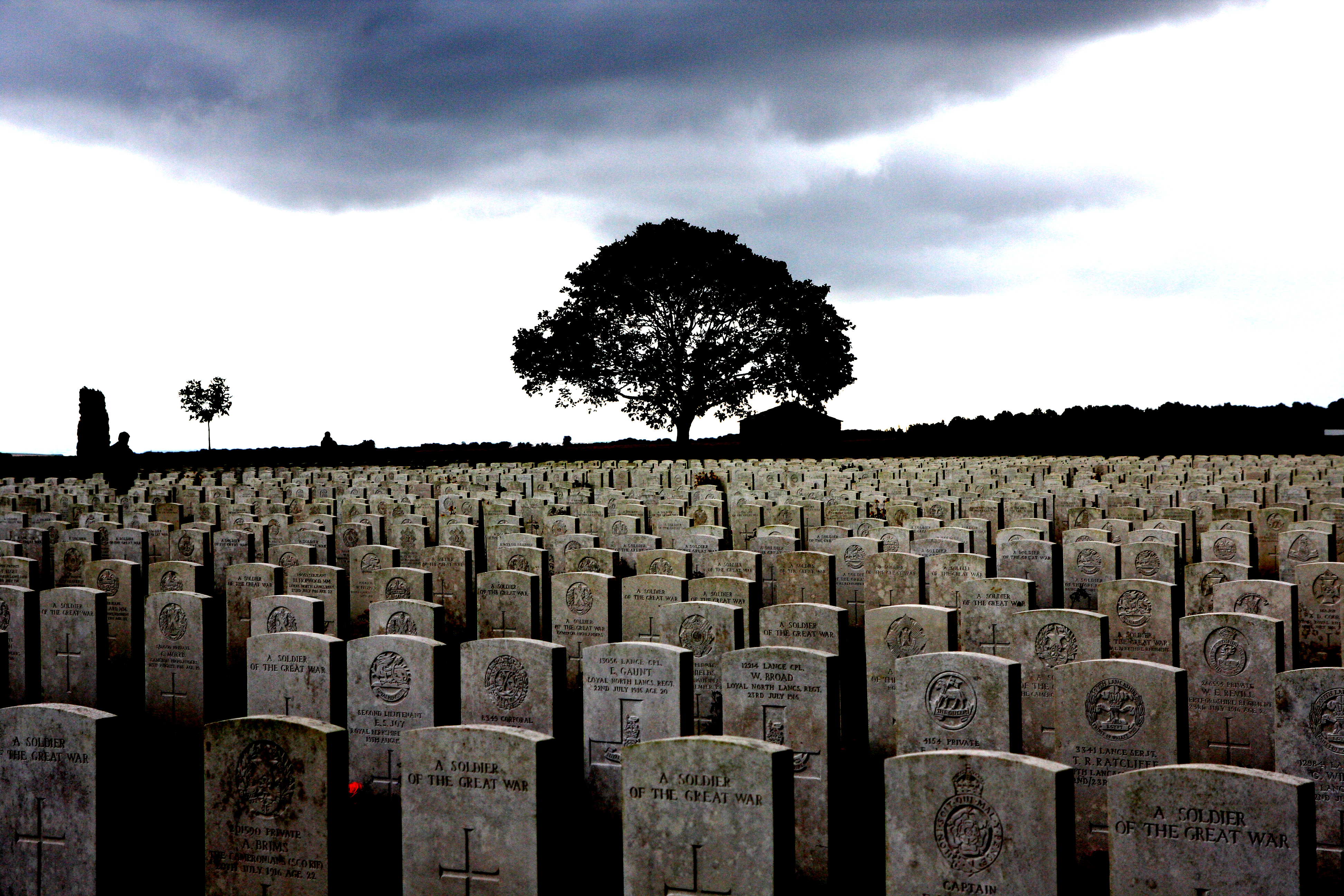
Commonwealth troops have also been heavily involved in our most significant modern-day conflicts.
In Afghanistan, Australia, Bangladesh, Canada, Cyprus, India, New Zealand and Pakistan all played a role; for Canada, Afghanistan resulted in the largest number of fatalities for any single Canadian mission since the Korean War.
Soldiers from the Commonwealth are able to join the British military and are able to apply for a number of specialist roles therein.
Clearly then, the Commonwealth has made a significant contribution to supporting British Military operations, and from a Forces Perspective, the day is very much one which should be celebrated.

